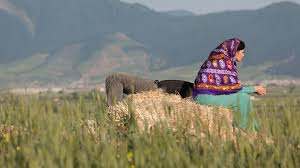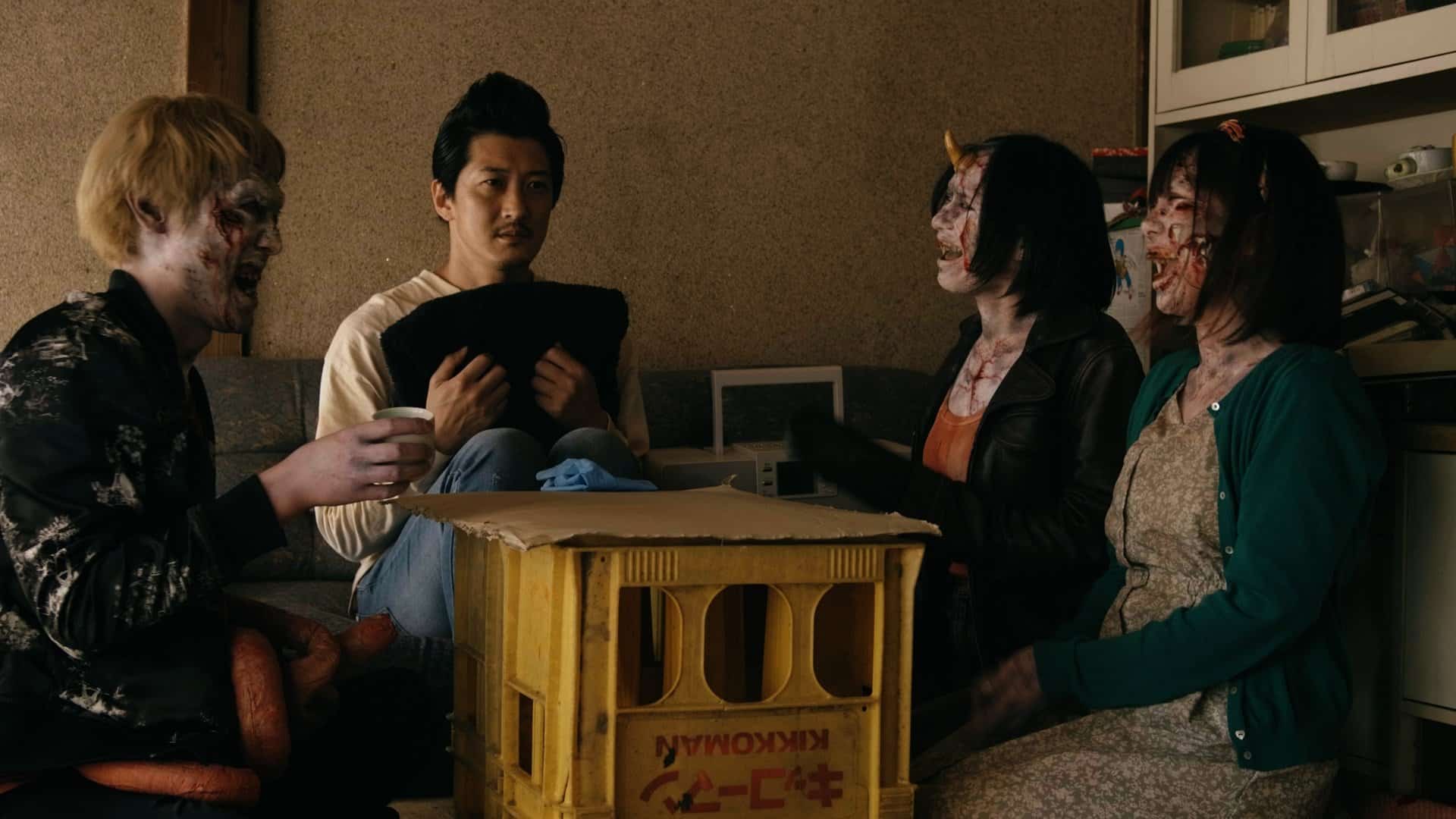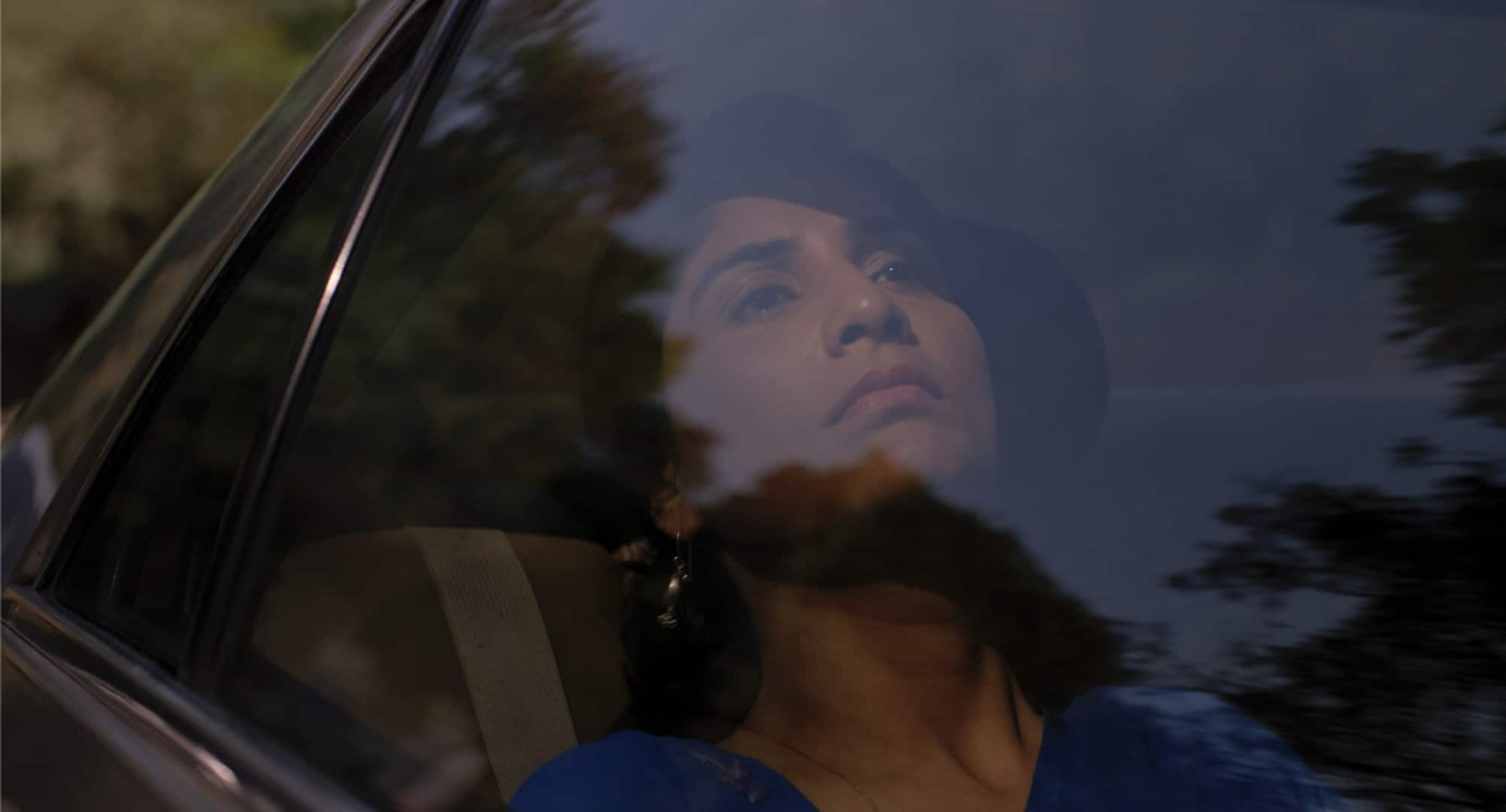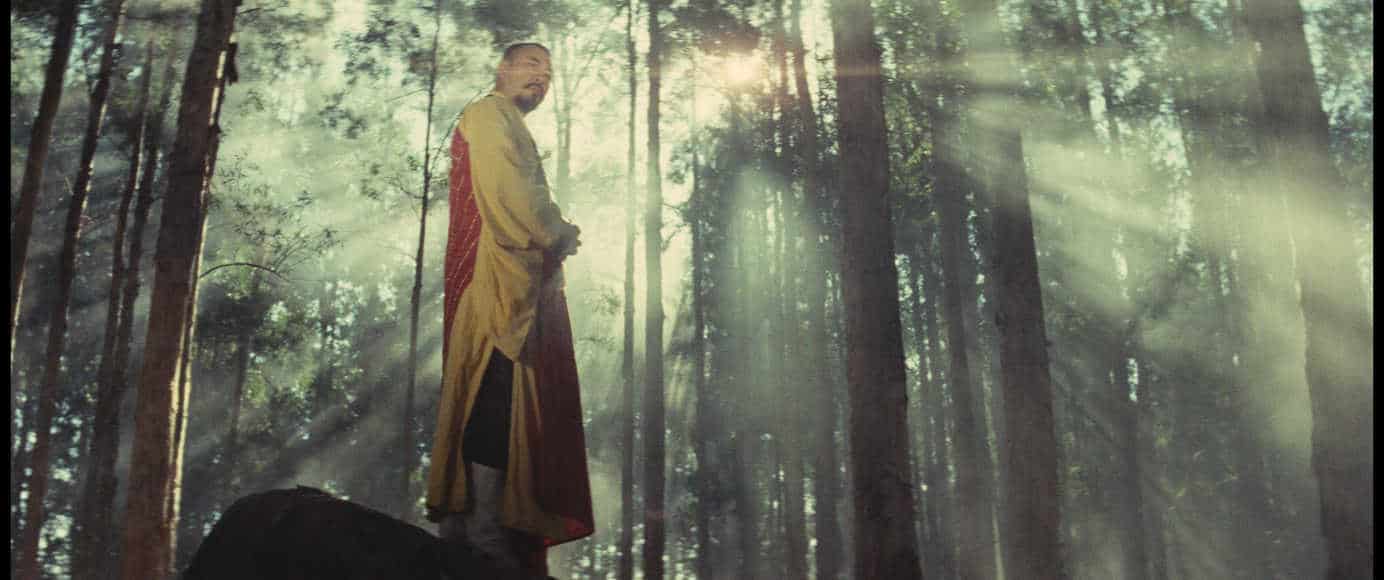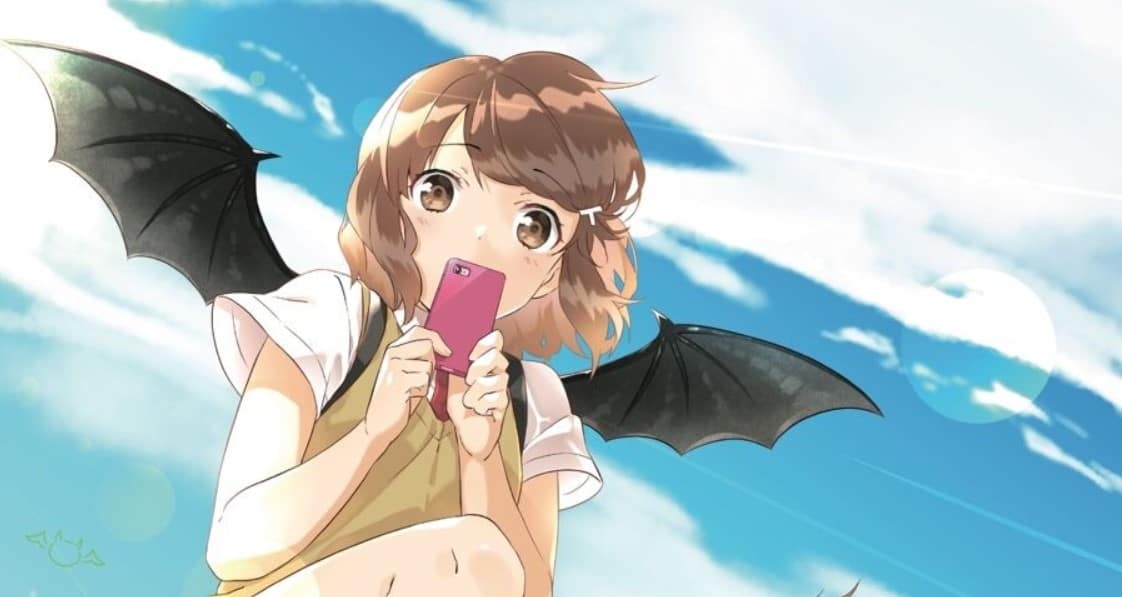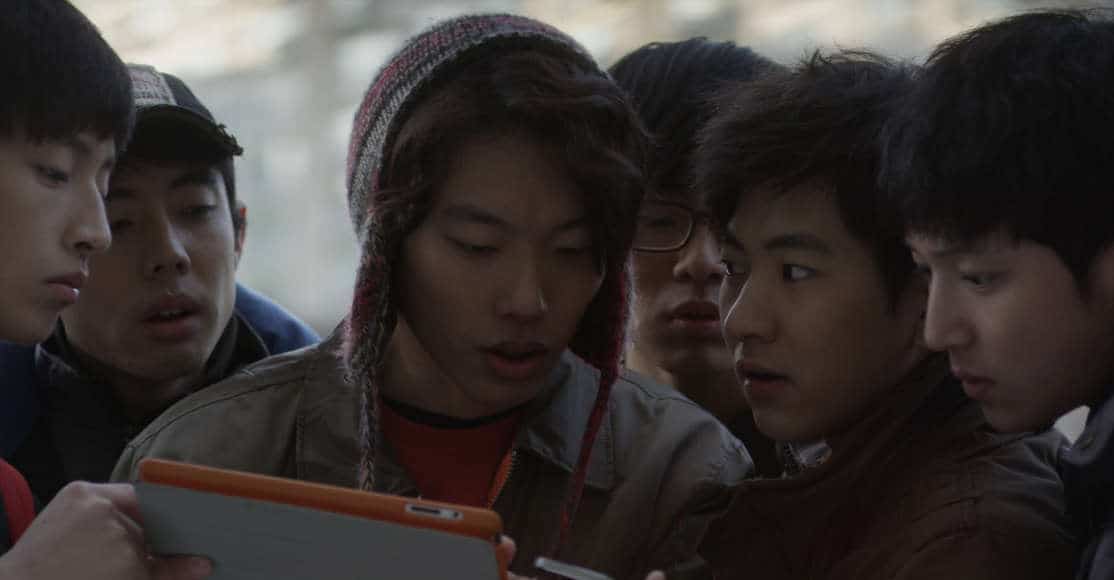Tooman (or toman) is the super-unit of currency in Iran (worth 10 rials, used in the monetary calculations in daily life) and also the title of Morteza Farshbaf's third feature film. What revolves around what in this one is actually quite an easy guess. The movie premiered earlier this year at Fajr Film Festival before the festival touring options were cut short for the whole industry. We got to see it at Tallinn Black Nights where it competed in the official selection.
“Come and Go” is screening at Tallinn Black Nights Film Festival
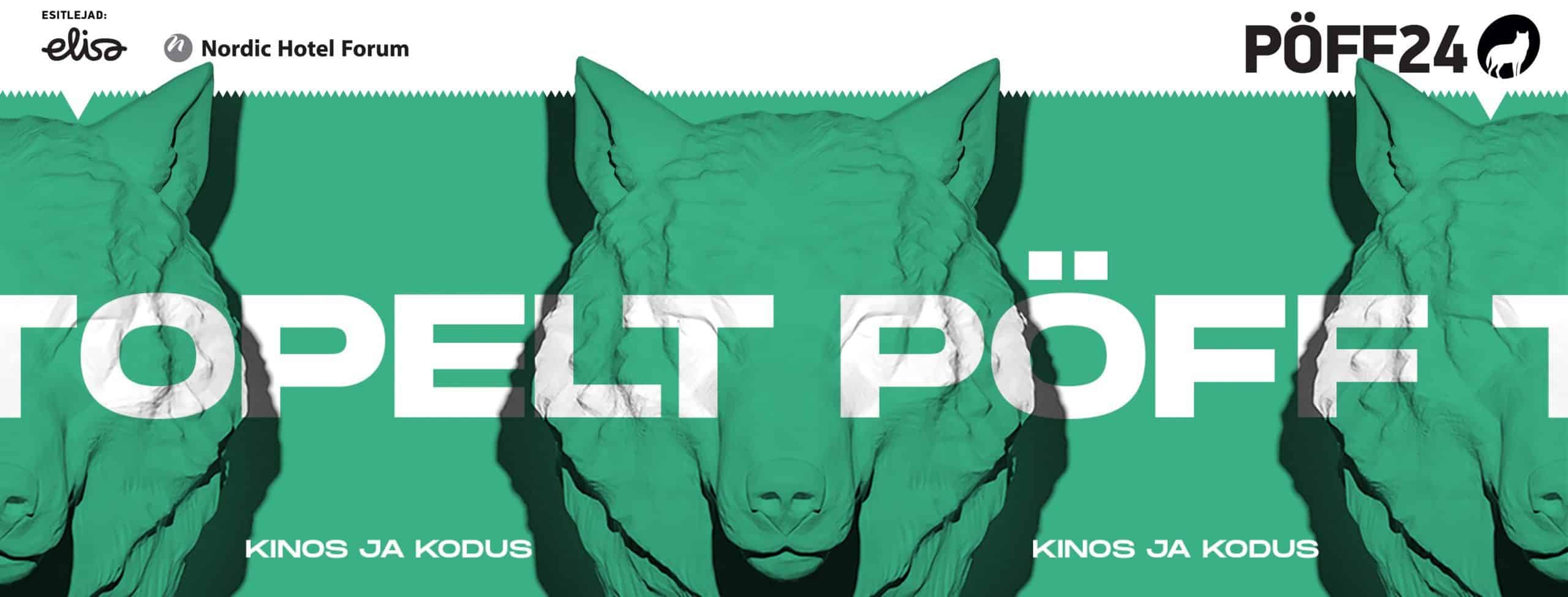
The film follows the two buddies, Davood (Mirsaeed Molavian) and Aziz (Mojtaba Pirzadeh, glimpsed in Asghar Farhadi's Oscar-winning “The Salesman”) over the course of a year. The guys and their gang of friends are passionate about three things: football (as in soccer), horse races and gambling, so they, led by Davood, devise a betting operation of sorts which brings them billions and billions of toomans seemingly by pure luck. Once the big money enters the picture, things tend to go sour for all of them personally and on the level of group dynamic. Could Davood, Aziz and their crew keep their sanity, friendship and lives?
“Tooman” was clearly inspired by the American crime-drama classics, especially those directed by Martin Scorsese. Some of the key ingredients are also here in the mix, like the typical “rise and fall” narrative, the bursts of violence and even the questionable attitude towards women. The only thing “Tooman” lacks is a narrator who would tell the story with more clarity and some sense of humour, which is just the beginning of the problems.
Long story short: Farshbaf is not Scorsese even by a long shot. The plot is so bewildering that pretty much every aspect of it seems random and the filmmaker's attempts to provide an illustration by graphics of the bets and wins are largely futile. In the end, we do not know a thing about their operation; is it fair by anyone's standard, who are they crossing, how and why. Also, the toxic masculinity of Farshbaf's characters (the women here are basically non-entities, their only use is to be hit or shouted at for hindering) is never countered with any form of criticism.
Directing-wise, the film also does not live up to its own ambition, especially when the filmmaker, whose past experiences are in the realm of drama, tries to play with the genre. The lack of production values and the technical know-how speaks volumes here. It is a bit better when it comes to the breakdowns within the characters' minds and the consequences for their friendship, but it also basically goes nowhere. Luckily, Farshbaf has some sense of aesthetics, so he can treat us with a shot or two of the Iranian cinematic elegance (executed by the cinematographer Morteza Najafi), usually having something to do with a moving car and two people talking in it, while the electronica-infused soundtrack by Mohamadreza Heydary closely follows the mood cleverly framed in the four acts named after the seasons of the year.
In the end, “Tooman” is just an ambitious project whose ambition is never backed by the clarity of vision and the sharpness of execution. Too bad.


